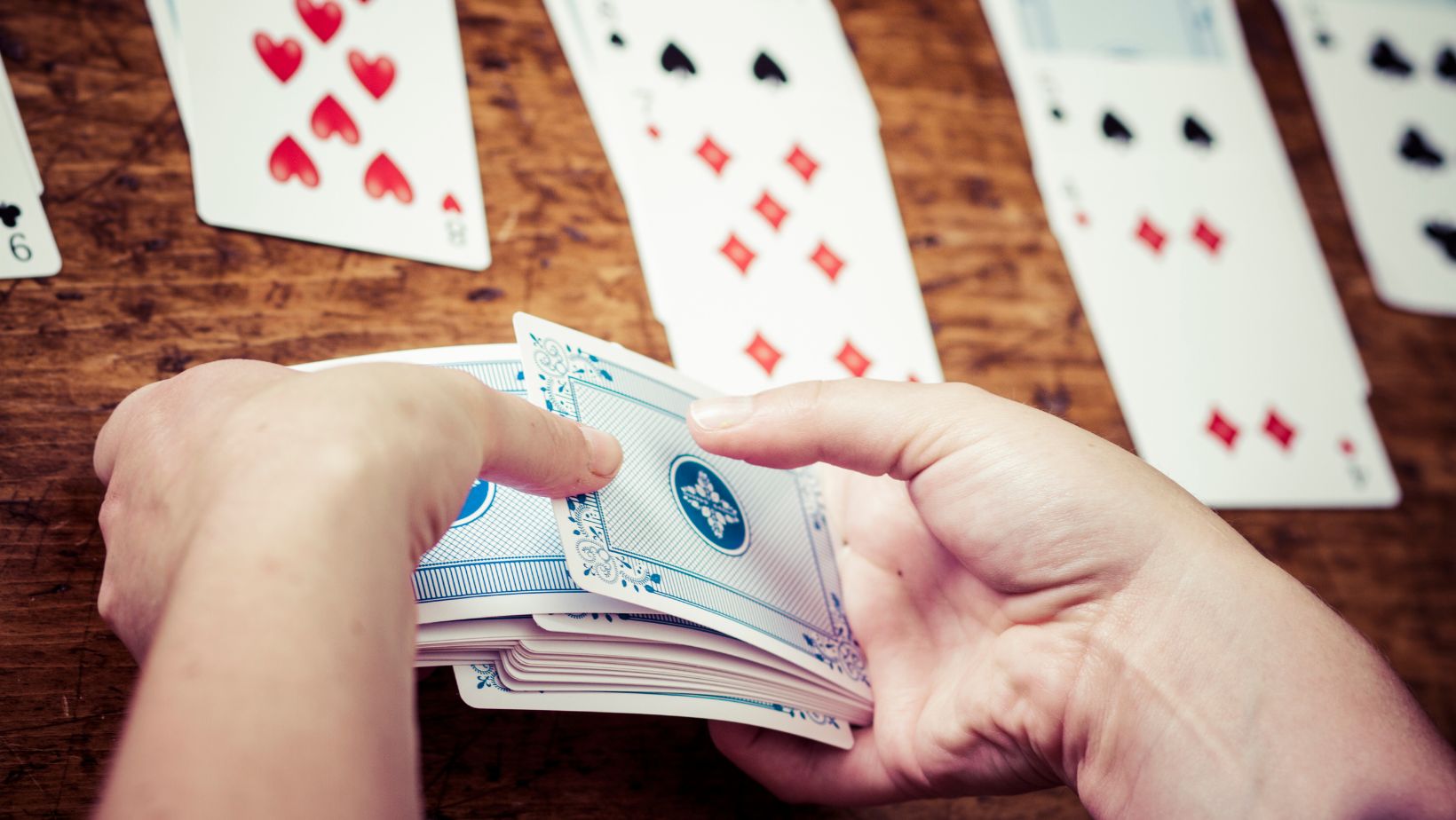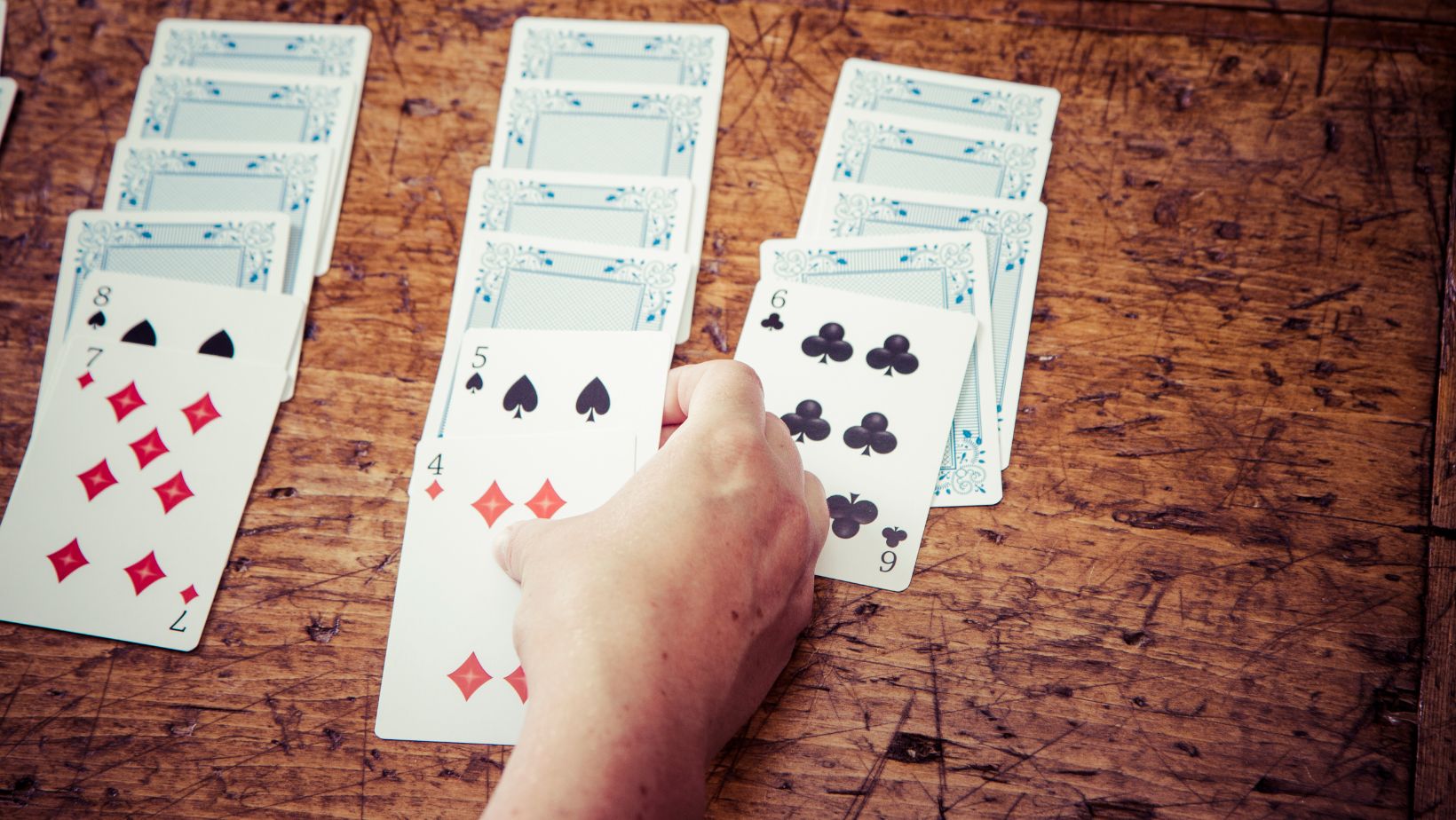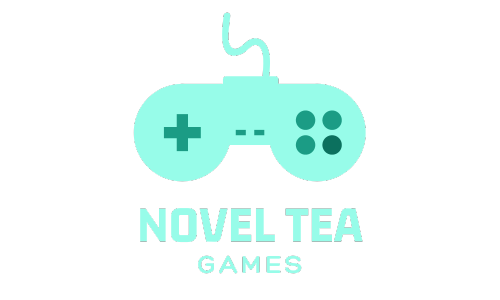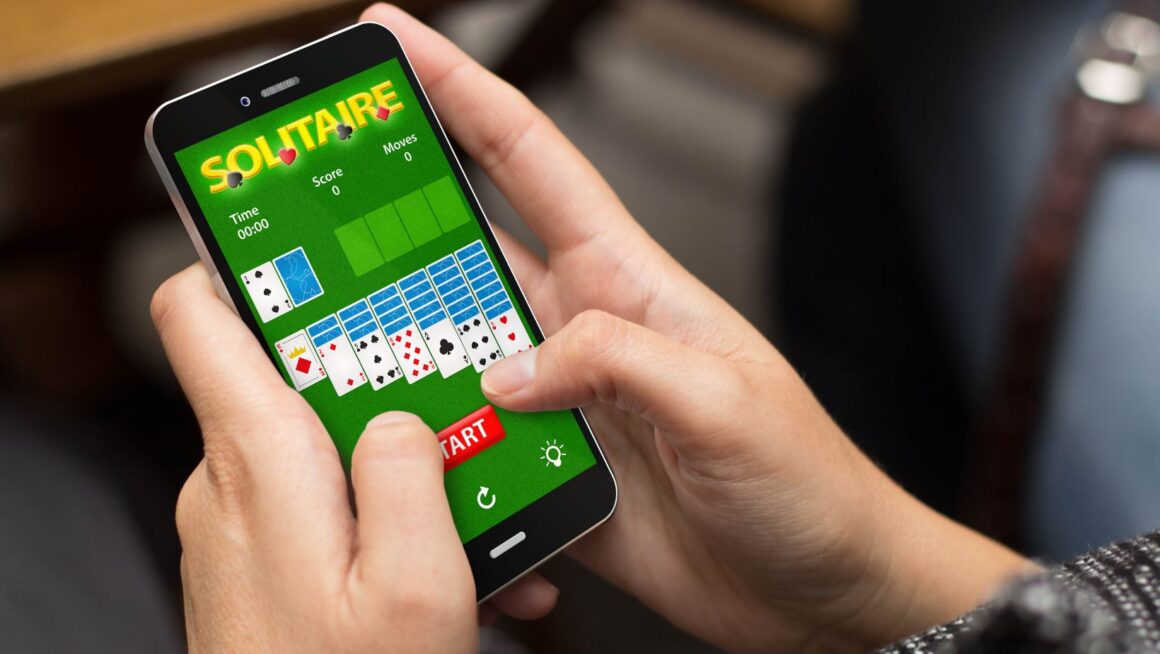The Enduring Appeal of Solitaire
Solitaire, a game that has captivated players for centuries, continues to be a staple in the gaming world. Its simple premise, easy-to-learn rules, and the solitary nature of the game make it accessible to people of all ages and backgrounds. What truly makes Solitaire timeless, however, goes beyond its basic gameplay; it encompasses its adaptability, mental benefits, and the personal satisfaction it provides.
Historical Significance and Evolution
Solitaire’s origins trace back to the 18th century in Northern Europe and France, where it was popular among the aristocracy as entertainment. Over the years, it evolved into various forms, such as Klondike, the most commonly played version, and FreeCell, known for its unique use of empty cells. As the game moved into the digital age, its accessibility expanded, making it a global favorite. This historical evolution contributes to its timeless nature, as each generation has passed down and adapted the game to their liking.
Cognitive Benefits and Mental Exercise
Playing Solitaire is not just a pastime; it’s also a mental exercise. The game requires strategic planning, problem-solving, and foresight. It involves significant decision-making, as players must anticipate future moves and consider the consequences of their actions. Regularly engaging in a game of Solitaire can improve memory, enhance problem-solving skills, and even reduce stress, making it a beneficial activity for mental health.
Accessibility and Digital Adaptation
One of the reasons Solitaire remains timeless is its adaptability to various platforms. With the rise of personal computers in the 1990s, Solitaire became a standard feature many use to familiarize themselves with new technology.

Today, countless versions are available online, making it easy for anyone with internet access to play. For those looking to explore various Solitaire games and enhance their skills, this solitaire website offers a comprehensive collection.
Personal Challenge and Satisfaction
Solitaire stands out from many games due to its nature as a solo endeavor. It offers a unique form of challenge, where the player is both the competitor and the audience. The satisfaction derived from completing a game, especially a particularly challenging layout, can be deeply rewarding. This personal aspect of striving to improve one’s own high score or best time adds to its enduring appeal.
Cultural Impact and Global Reach
The global appeal of Solitaire also contributes to its status as a timeless game. It transcends cultural and language barriers, allowing it to be enjoyed worldwide. Media coverage, including features in major publications like The New York Times and The Guardian, often highlights its universal popularity and the new iterations it inspires.
Branching Out Into Other Card Games
For those who enjoy Solitaire and wish to expand their card game repertoire, exploring other games like Hearts can offer new challenges and enjoyment.

To master the hearts card game, players can apply similar strategic thinking and patience learned from Solitaire.
Conclusion
Solitaire’s blend of simplicity, cognitive benefit, and personal satisfaction contributes to its status as a timeless game. Whether played with a physical deck of cards or through a digital platform, Solitaire continues to offer a perfect blend of challenge and relaxation, appealing to generations past and future. As technology evolves and new versions emerge, Solitaire remains a beloved classic in the world of card games.



